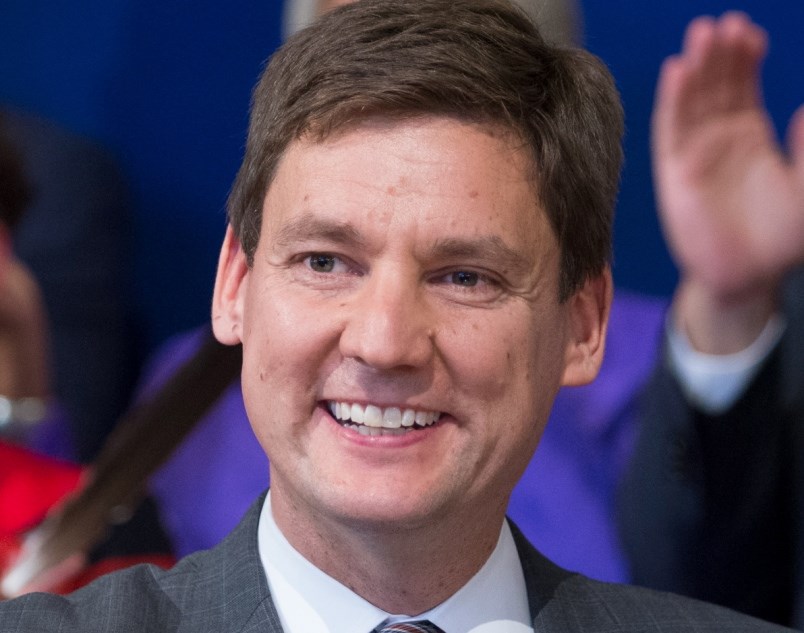The B.C. government intends to complement its ban on union and corporate political donations with legislation that will impose tough new rules on provincial lobbyists, Attorney General David Eby has confirmed.
Eby told reporters that the bill is in its final stages and will have “broad similarity” with the federal law. It is expected in the coming days.
The agreement with the B.C. Green Party that allowed the NDP to form a minority government made clear that the lobbyist reforms would be one of the priorities in this sitting of legislature.
The deal calls for a multi-year prohibition on lobbying by former senior public office holders, increased penalties for violating the Lobbyists Registration Act, and a comprehensive review of the law.
“This is an area where we have a shared concern and an area we can move forward with quickly,” Eby said. “It’s a reform I think many British Columbians will be glad to see.”
Eby offered few specifics on the legislation, but made clear that it will include a “cooling-off” period during which former senior public office holders will be prevented from lobbying.
The federal law imposes a five-year prohibition. Elizabeth Denham, B.C.’s former registrar of lobbyists, recommended a 12-month prohibition. While in Opposition, the NDP introduced a private member’s bill that included a two-year ban but allowed for exemptions.
“The aim of the legislation will be to make sure that individuals are not able to sell inside information or knowledge they may have about government processes privately for personal gain,” Eby said.
Dermod Travis of Integrity B.C. expressed hope that the legislation will include other reforms, such as a requirement that lobbyists disclose actual lobbying as opposed to their intentions.
As it stands now, a lobbyist can say that they plan to meet with 87 MLAs, “but you have no capacity, and there is no requirement, that they actually admit that they’ve done it,” he said.
Denham made a similar plea in her final annual report last summer.
“I asked that the law be changed so that what is registered is actual lobbying rather than prospective lobbying,” she said.
“Currently, lobbyists need only report who they expect to lobby, not who they actually met and when.
“This change would enhance transparency in lobbying, which is critical to a well-functioning democracy and to citizens’ understanding of this activity. It would also help lobbyists by simplifying registration requirements.”
Travis argues that government officials should have to disclose when they have been lobbied by someone “so there’s a check and balance in the system” and says the registrar’s office needs more money to enforce the law and conduct investigations to make sure people are complying.
Tamara Little, president of B.C. chapter of the Public Affairs Association of Canada, said in a statement that the Lobbyists Registration Act has been around for a while and is probably due for adjustments.
“All of our members, which represent people from companies, not-for-profits and others, are very committed to making sure that they’re registering in a way that creates the most transparency possible,” she said.



